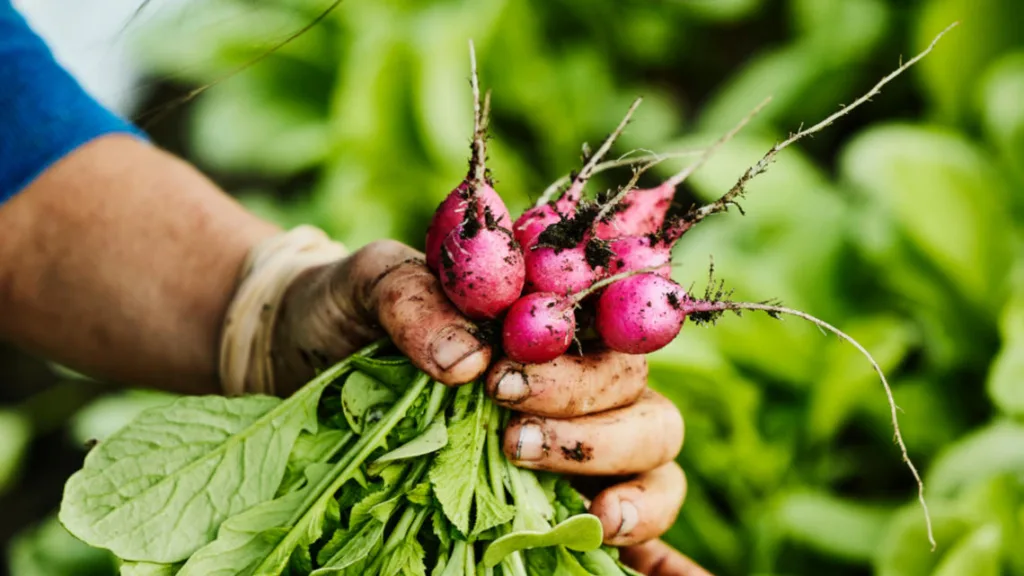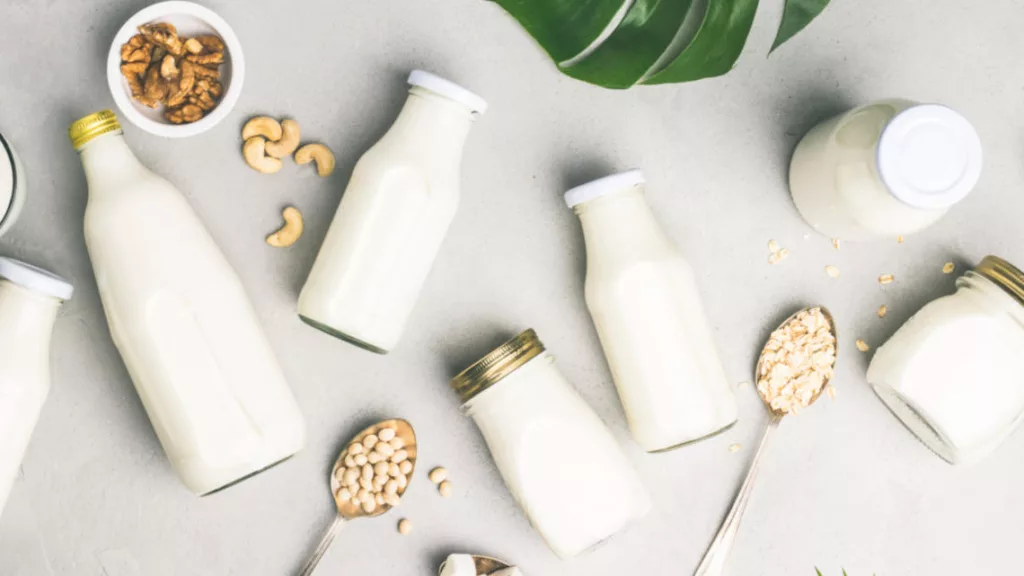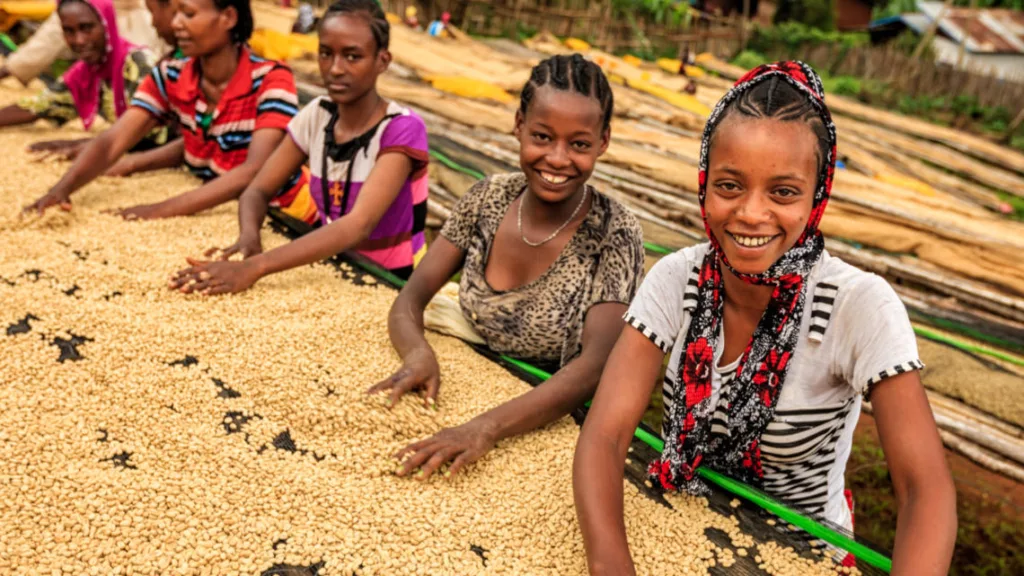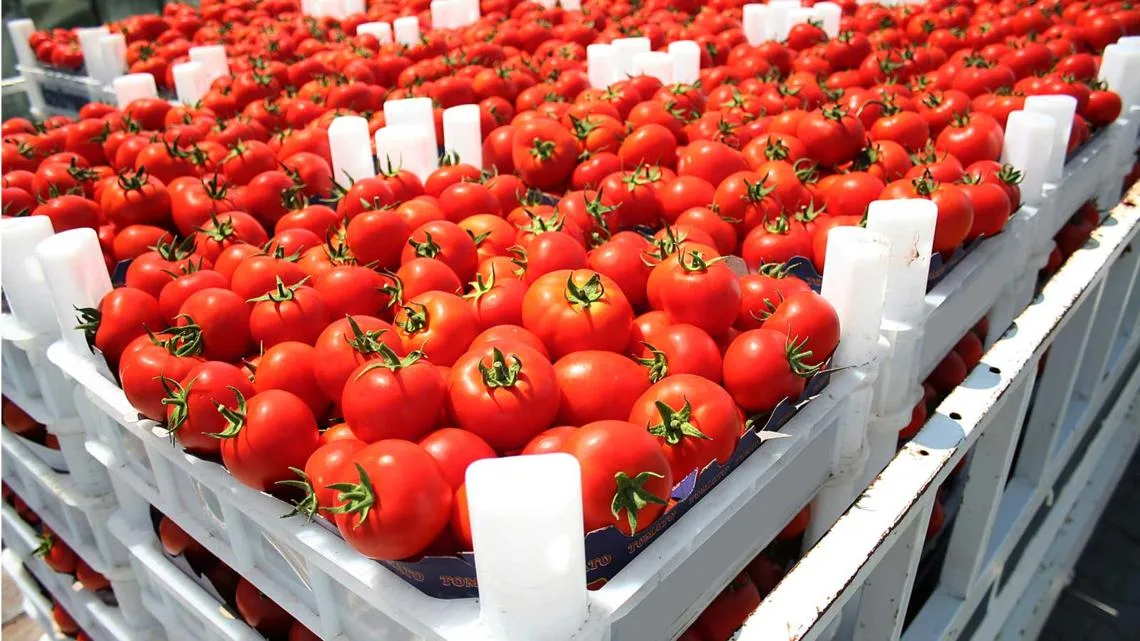Authors
Diane Holdorf, Rebecca Boustead, Megan Van Someren
COVID-19 has shaken societies and strained many industries to breaking point. Shedding new light on the fragility of our food and health systems, COVID-19 is exacerbating longstanding systemic challenges such as inequality, economic instability, unemployment and hunger. In the months preceding the first COVID-19 outbreak, WBCSD launched its CEO Guide to Food System Transformation: a call and framework for business leaders to address the changes we need to ensure our food system can sustainably feed a global population of more than nine billion people by 2050. In the unfolding pandemic and emerging economic crisis, the stakes for business action have been raised further.
Amid all the disruption and uncertainty, people are more than ever looking for institutions they can trust. Food and beverage companies, which provide essential services, are in the spotlight. How these businesses emerge from the pandemic and deliver against their consumers’ and stakeholders’ high expectations now, and in the coming months, will define their license to operate in the future.
In April 2020 Edelman measured global trust at an all-time high towards governments and also in companies on the front lines of the pandemic response. Their recent survey found that trust in food and beverage companies leapt nearly ten percent on average between January and April 2020 in 11 key global markets. Five of those markets, and subsectors like food and beverage and manufacturing, have seen double-digit spikes.
These are welcome trends, yet they risk creating a “trust bubble”. Such spikes are often followed by a crash if expectations are built and then left unsatisfied. Edelman’s Eat. Drink. Trust. 2020 Global Food research found that only one in five people think that the food and beverage industry should “stay the course” with business as usual. This sets the stage for enormous possibility or enormous disappointment. Whether the bubble bursts – or whether companies use this momentum to maximize and sustain trust – will depend on how well they innovate in products and in their supply chains, address existing trust gaps, and demonstrate tangible action on sustainability, inclusivity and access to nutritious food.
At the World Business Council for Sustainable Development (WBCSD) and Edelman, we work with businesses every day to understand external trends, respond to evolving preferences and improve strategic choices. Combining insights from the WBCSD’s COVID-19 Vital Supply Chains Project, the 2020 Edelman Trust Barometer Spring Update and the 2020 Edelman Eat. Drink. Trust. Report, we offer five recommendations to food and beverage companies to seize this moment, building trust today and for the future.
First, focus on making a difference right now through tangible solutions. Consumers and employees are looking for action, not just lofty goals. When Edelman asked more than 13,000 people in March to rank the most important issues around food and nutrition for companies’ focus, the top priorities were limiting food waste, providing food access for all, and prioritizing public health and nutrition. Companies can work with partners, whether from civil society or government, to keep providing access to essential goods and services to people in need. As a response to COVID-19, WBCSD has launched three new projects with its members – Vital Supply Chains, Return to New Normal and Long-term impacts of COVID-19– to highlight examples, best practices and lessons learned from business dealing with the crisis. Business has been responding fast to the unfolding crisis, with new examples every week.
Second, close the trust gap by increasing business integrity and dependability. Business competence is not enough; the drivers of trust disproportionately relate to business ethics. One out of three people are currently “distrusters”. In particular, less than 30 percent of Edelman respondents feel that the food and beverage industry is honest, and a similarly low proportion believe that the industry keeps its promises. Transparent, reliable action can narrow these gaps. Structures that support greater trust between organizations, such as digital innovation and increased transparency of transactions, can also enable the creation of more trust.
Third, appeal to individuals, rather than to the masses. There is high variability in trust levels, opinions, lifestyles and priorities among constituents. Generation Z is more trusting and experimental, for instance, whereas Generation X has low engagement with the industry and prefers home cooking. Parents trust food and beverage companies substantially more than single-person households. And compared to those in established markets, emerging market respondents have two times as much trust in tech-led subsectors like e-commerce. These examples, and many others, indicate that effective trust-enhancing efforts must be tailored to the specific experience of diverse individuals. It is imperative that those measures are inclusive and highlight how commitments are exemplified through actions. Companies have a key role to play in creating inclusive strategies that exemplify the diversity of their workforce, the communities they serve, and the farmers and producers in their supply chains.
Fourth, collaborate with partners. Historically, opinion polls have ranked the food and beverage industry poorly on doing good for society. Only one in four people believe that such companies appropriately engage in societal and political issues, and one in five think they place people over profits. Nine of ten among those surveyed are not confident that the industry has a plan to produce enough food to feed the growing population. These sentiments – and the vast scale and complexity of today’s challenges – emphasize the importance of business collaboration with NGOs, governments, industry players and others. Companies have a unique role to play to collaborate to build capacity and resilience at the local, national and international levels in order to better respond and adapt to future shocks.
Finally, recognize that trust is the sum of many parts. Building and sustaining trust is not a single, solo or time-bound effort. It will need long-term, holistic and dynamic roadmaps underpinned by consistent, trust-driving actions across the food supply chain. Externally, strategies that enlighten and uplift, rather than talk down, will gain greater traction, bringing consumers and communities along into a new normal. Now is the time for businesses to reinforce what they stand for — and deliver on it.
Over the last seventy-five years, international organizations supported ongoing effort to address food system issues. The fundamental provisions of a functioning food system remain unmet: zero hunger, healthy people and a healthy planet. COVID-19 offers increased public will for change and clarity on the remaining weaknesses in the food system. Upcoming work from WBCSD’s Vital Supply Chain Food System Blueprint for Recovery workstream will recommend an improved approach for business to accelerate transformation.
About the authors
Megan Van Someren is the Global Food & Beverage Lead for Edelman.
Rebecca Boustead is the APAC Food and Beverage Lead for Edelman.
Diane Holdorf is Managing Director, Food & Nature at WBCSD.
WBCSD news articles and insights may be republished in accordance with the Creative Commons Attribution-NonCommercial-NoDerivatives 4.0 International Public License, and in accordance with our Privacy Policy. All Content must be featured with due credits.
Related
Content

WBCSD joins the Nutrient Density Alliance
13 October, 2023

Meat and dairy analogues of the future call for a focus on affordability, innovative business models and a just transition
20 September, 2023

Business action to unlock the potential of African farmers – WBCSD’s takeaways from the AGRF Summit 2023
14 September, 2023
